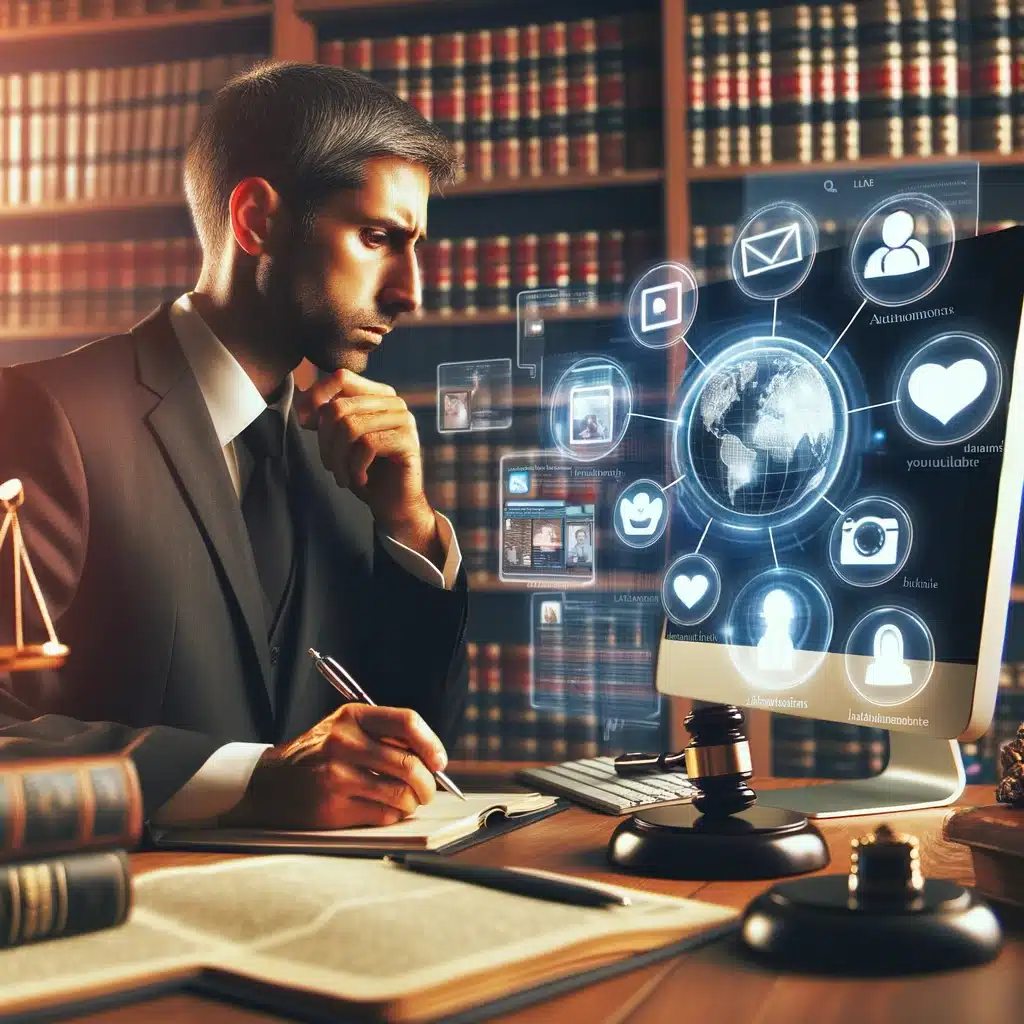Chapter 4 Summary-Korey Allen

Chapter 4 focuses on the importance of building a connected learning community. It emphasizes that learning should be a collaborative process where educators share resources and ideas and support each other. The chapter discusses using social media and other digital tools to create a personal learning network that expands beyond the traditional classroom. This network allows for continuous professional development and the sharing of best practices.

The potential impact of collaborative networks is how we can apply these concepts to criminal justice, particularly for FBI agents, which I want to be my career. FBI agents often work in teams, requiring communication and information sharing to solve complex cases. Using PLNs allows agents to connect with other law enforcement officers globally, thereby gaining understanding and learning best practices from various authorities. This networked approach could lead to more effective problem-solving and intelligence-sharing, enhancing operational success. Digital tools and social media can facilitate these connections, making collaborating more accessible across different departments. This can lead to more effective problem-solving and staying updated on the latest techniques and technologies in law enforcement. My questions for my classmates are: How do you think building a connected learning community can impact the effectiveness of law enforcement agencies? And what are some potential challenges FBI agents might face when establishing and maintaining these networks?

I think you are completely right that building a connected learning community can enhance the effectiveness of law enforcement agencies by improving collaboration. It could lead to quicker problem-solving and allow FBI agents to stay updated on the latest techniques and technologies, as you mentioned. I would have never thought about this topic in a criminal justice sense. You had really great insight. Thanks for sharing!
ReplyDeleteI think building a connected learning community can help law enforcement agencies share more information and improve training. FBI agents might face challenges though because they will need to make sure that the data is secure. I feel like it is 50/50 here. In order to improve their work they need to collaborate but in order to collaborate they need to make sure it is improved communication.
ReplyDeleteHaving a PLN in a career such as the FBI is mostly the premise of the job. Working together in teams or partnerships to share information and collaborate on a case can help to solve it by bringing new perspectives from colleagues. I think connected learning communities can help law enforcement agencies become quicker, smarter, and better informed with influences from different peers.
ReplyDeleteI think it’s interesting how you’re drawing so many parallels between the world of education/connected learning and the world of criminal jsutice. I agree that FBI agents could benefit from using PLNs to share resources and practices across departments. I am also thinking that FBI agents could use PLNs specifically for asking other departments for advice about cases they are more used to solving. I think that PLNs could save the FBI a lot of time and money. Because of the ever-evolving nature of criminal activities, access to a global network of law enforcement professionals makes a huge difference. How do you think law enforcement could ensure the privacy of these PLNs and the security of the information on them?
ReplyDeleteI feel like PLNs or anything similar of that nature is necessary in a field such as the FBI. There are so many cases that crossover state lines and jurisdictions that collaboration is imperative. Evidence and data must be shared.
ReplyDelete